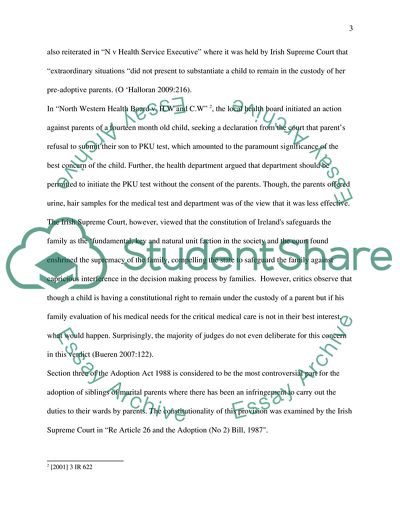Cite this document
(Amendment to Irish Constitution Granting More Rights to Children Case Study, n.d.)
Amendment to Irish Constitution Granting More Rights to Children Case Study. Retrieved from https://studentshare.org/law/1733416-already-submitted
Amendment to Irish Constitution Granting More Rights to Children Case Study. Retrieved from https://studentshare.org/law/1733416-already-submitted
(Amendment to Irish Constitution Granting More Rights to Children Case Study)
Amendment to Irish Constitution Granting More Rights to Children Case Study. https://studentshare.org/law/1733416-already-submitted.
Amendment to Irish Constitution Granting More Rights to Children Case Study. https://studentshare.org/law/1733416-already-submitted.
“Amendment to Irish Constitution Granting More Rights to Children Case Study”. https://studentshare.org/law/1733416-already-submitted.


